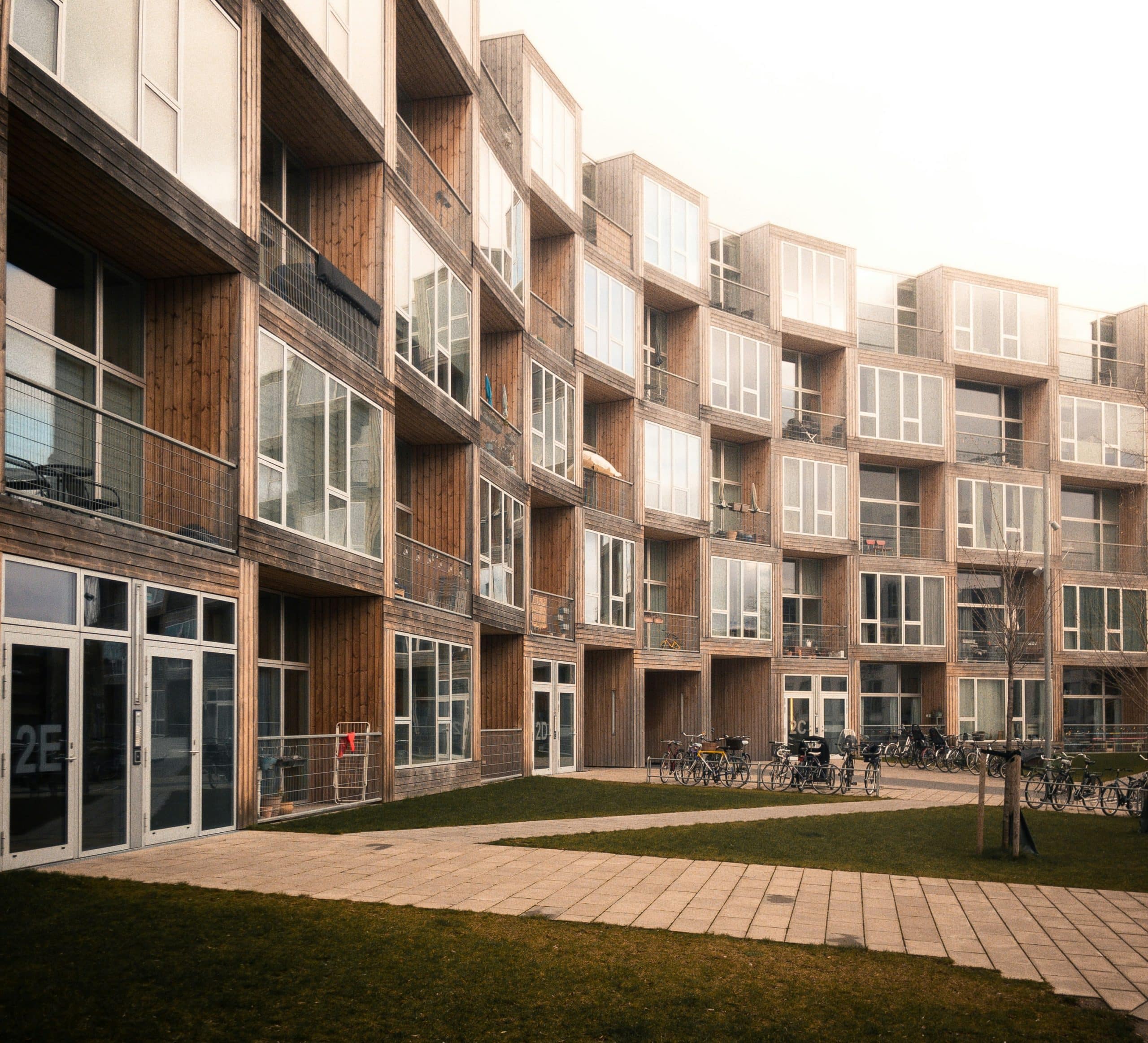The Federal Government has this week released draft legislation aimed at stimulating investment and development within the build-to-rent sector, aligning with its ambitious objective to construct 1.2 million new residences by 2029. This legislation, proposed to amend the Income Tax Assessment Act 1936, 1997 and 1953, seeks to introduce tax incentives for build-to-rent endeavours, recognising the success of such models internationally in bolstering housing stock for rental purposes rather than individual ownership.
Key provisions of the bill include increasing capital works deduction rates from 2.5% to 4% and reducing the final withholding tax rate on fund payments from eligible managed investment trust investments from 30% to 15%. These incentives are tailored for build-to-rent projects encompassing 50 or more residential units, with a commitment to maintaining single ownership for a minimum of 15 years and allocating at least 10% of units for affordable tenancies.
A joint media release from Treasurer, Jim Chalmers, and Minister for Housing, Julie Collins, stated: “Attracting more investment into housing will support our ambitious national effort to build 1.2 million new, well‑located homes over five years from 1 July 2024.
“Industry estimates that changes to promote build‑to‑rent investment will make an important contribution to achieving this national target and could see an extra 150,000 rental homes built over the next decade.
“This is all about more homes for home buyers, more homes for renters and more homes for Australians who are doing it tough.
“For a long time, we haven’t been building the homes that Australia needs and the former government wasted nearly a decade in office while these problems only got worse.”
The Federal Government has allocated over $25 billion towards new housing investments over the ensuing decade, pledging collaboration with all governmental tiers to ensure broader accessibility to secure and affordable housing. This proposed legislation aims to catalyse home construction, facilitate institutional investment, streamline regulatory processes, aid prospective homeowners, and support renters, particularly those in vulnerable situations.
Whilst this draft legislation, and BTR development generally, will not solve the housing crisis in isolation, what is assured is that it will no doubt play a crucial role in this fight for housing supply in this country.
We will keep you updated.
Please do not hesitate to contact Thomas Zilm, Partner in Property and Major Projects, on (02) 9261 5900 should you have any queries.

